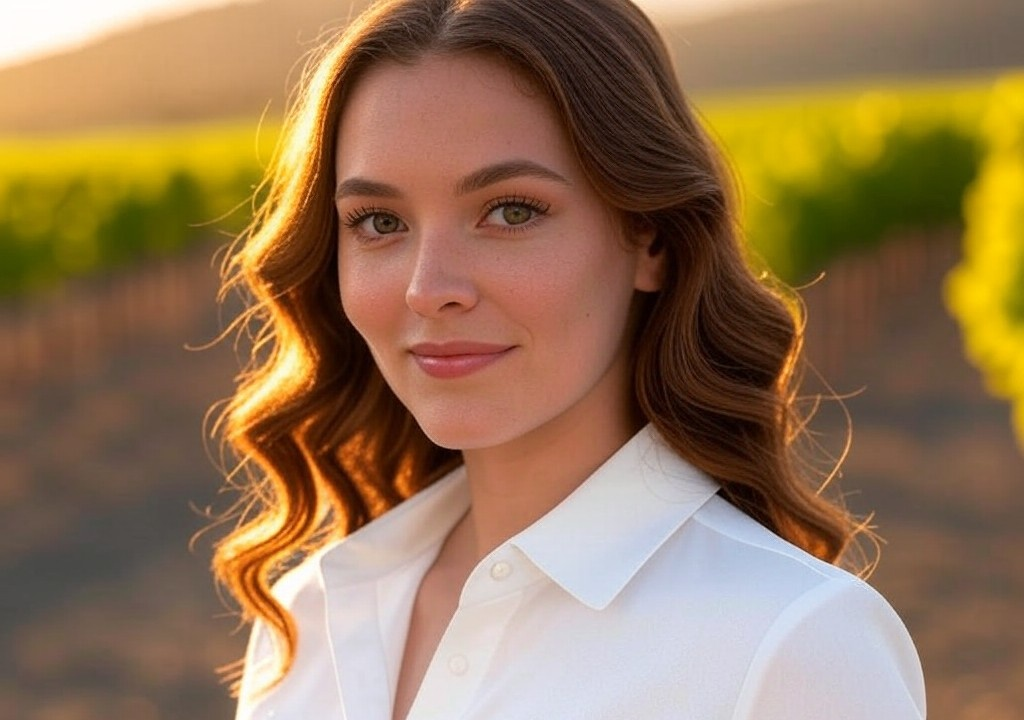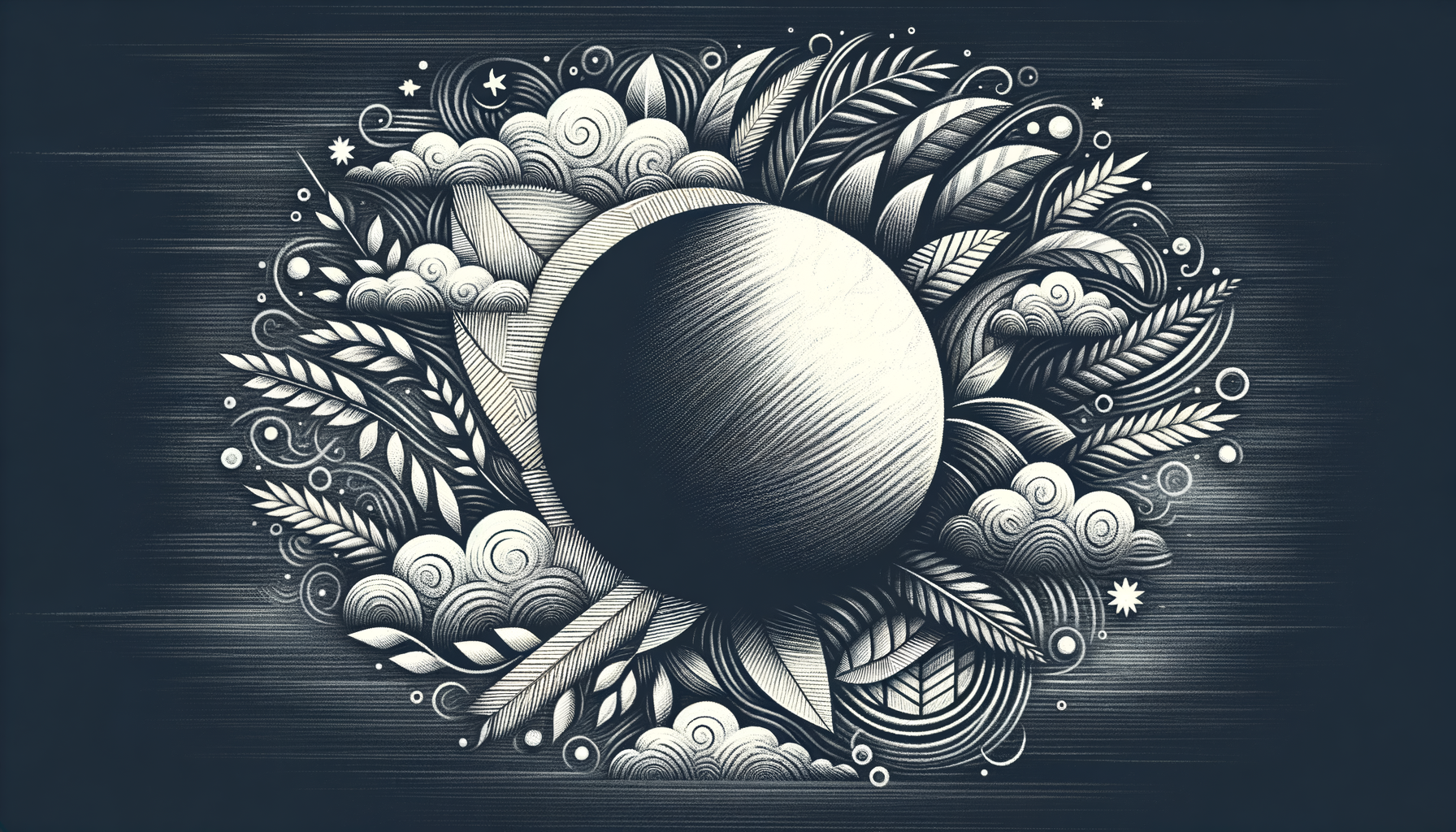They say you never forget your first love, but let me tell you, the rush of seeing your first byline out in the world hits differently. It’s part swoon-worthy romance, part nerve-wracking blind date where your half-revealed soul stares back at you in pixels and print. My first byline? Let’s just say it felt like that moment a chef sends out their signature dish—equal parts pride and terror that someone might send it back.
When I saw my name atop that article, I was sitting in a tiny café tucked between rows of olive trees on the outskirts of UC Davis. The twinkling sound of a French chanson filtered through the air, mixing with the heady aroma of freshly ground coffee. It was romantic in the way only college-spawned chaos can be—I had recently pulled an all-nighter editing drafts, my sweater was dusted with croissant flakes, and sleep was the unrequited love of my life.
But there it was, clear as crisp white wine: my name. My words. A nervous knot formed in the pit of my stomach. Would anyone even care? Would they laugh where I hoped they would? More terrifying—would they laugh where I definitely didn’t intend them to?
Spoiler: My first byline didn’t lead to overnight literary fame, but it was the beginning of a relationship that would change everything—my love affair with storytelling. Like all great relationships, it brought lessons, growth, and a good mix of cringe-worthy and swoon-worthy moments. So let’s rewind for a minute. Because every great origin story starts with one thing: the spark.
The Spark: Finding My Voice (and by Accident, My Topic)
You wouldn’t peg a Napa Valley wine nerd as the perfect candidate for writing about love and relationships. But if food is the language of love, then writing is its cheeky sibling—the one that spills all the secrets at the dinner table. And for me, the two were always intertwined.
My first piece was, unsurprisingly, about wine. Specifically, it was a charming (read: self-consciously clever) essay on pairing Pinot Noirs with life’s chaotic moments: the first holiday dinner with a new lover’s family; the universal embarrassment of calling someone “babe” too soon; the soul-crushing heartbreak of realizing you’ve been ghosted by the barista who promised to text.
I lovingly compared wines to people—how a brash, tannin-heavy Cabernet Sauvignon is your brutally honest friend who tells you to rip the Band-Aid off after a breakup, while a bubbly Prosecco is the flirt you meet at a wedding who’s way too fun to be real but nevertheless worth savoring. It wasn’t groundbreaking, but it was me: equal parts light-hearted, tender, and slightly tipsy on metaphor.
Submitting it was like sending out an extravagant love letter into the void, equal parts thrilling and terrifying. Would anyone understand what I was saying? But more importantly, would they care?
Love at First Read (Or So I Hoped)
The morning my piece was published, I felt like I was hosting the equivalent of an emotional tasting room. Friends and family were the first to RSVP. Mom called to remind me she always knew I’d “do something creative with all that English majoring,” while my dad, ever the lover of dad jokes, chirped, “It pairs nicely with that summer internship!” My best friend texted something cheeky about "pulling an Eat, Pray, Love vibe without the passports."
But the best feedback came from the unexpected readers—strangers who saw themselves in my words. Someone emailed me about how Pinot Noir had helped them through a rocky breakup (not the wine itself, thankfully, but the allegory). Another told me they had always thought about wines as pretentious until my article made them laugh. I wanted to cry.
It felt personal, this unexpected intimacy forged through shared experiences. I wanted to keep tasting, keep giving. Kind of like you do after a first date that surprises you, the kind that makes you want to dig deeper into the menu—er, I mean person.
The Vows: What My First Byline Taught Me
Looking back now, I can see that my first byline wasn’t just the start of my writing career. It was also an education in relationships—both with myself and the people I was building connections with across the page. Because if there’s one thing writing about life and love will teach you, it’s that finding your voice is a lot like dating.
Here’s what I learned:
-
Don’t Try Too Hard to Impress: My first draft of that essay was undeniably overcooked, stuffed with metaphors so heavy they teetered on absurd (the Riesling as your mother-in-law? Why, past Briar, why?). It was the metaphorical date where you laugh too loudly at every joke and drop the word “bespoke” into a sentence unironically. Editing that piece taught me the power of authenticity. People don’t fall in love with perfection—they connect to your quirks.
-
Know When to Walk Away from the Draft: You know that moment on a bad date when you’re halfway through listing every rare cheese you’ve ever tried and you realize they’re not laughing, they’re just nodding? Yeah, my first draft was like that. I learned to recognize when a piece of writing wasn’t working and, more importantly, when to give it space to breathe before returning with fresh perspective.
-
Be Open to Feedback—but Trust Your Gut: Early in your writing (or, heck, even relationships), it’s tempting to incorporate everyone’s input into an amalgamated pile of what you think people want to hear. A trusted editor once told me, “Keep your flavor. Write what you'd actually want to read.” It’s advice I carry with me as both a writer and a human.
-
Share Yourself Without Apology: Vulnerability is scary. Writing about the human experience sometimes feels like baring your private self to a room full of strangers hoping it sticks like a well-aged Brie. But connection—the real kind, the deep-down stuff that lingers like a perfect wine pairing—only comes when you’re willing to be brave.
Cheers to the Journey
That first byline taught me to chase the thrill of connection in its many forms. Writing, like love, demands honesty, passion, and a willingness to mess up spectacularly. And if I’ve learned anything in the years since, it’s that the pairing of vulnerability with a dash of humor can go a long way.
So, here’s my toast to you, dear reader, wherever you are on your own journey—whether it’s learning to craft stories, delve into relationships, or pair the perfect Sauvignon Blanc with a heartfelt apology. May your steps be bold, your words honest, and your Pinot always just the right amount of complex.
And hey, if you’re ever in Napa, let me know. First glass is on me.




















